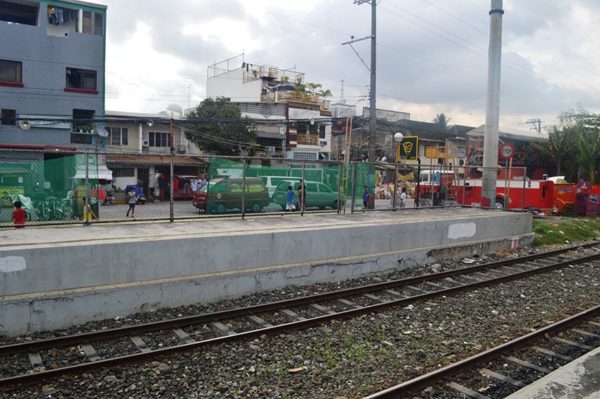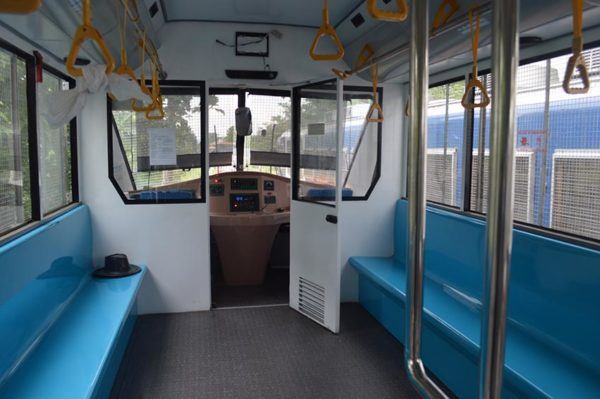A commuter traveling from Pampanga will only spend 1.5 hours to get to Laguna and vice versa, once the North-South Commuter Railway Project has been completed.
Making this project possible is a recently signed loan agreement between the Philippines’ Department of Finance and the Japan International Cooperation Agency (JICA) worth 167.199 billion yen or P80.78 billion.

Photo Credit: Philippine National Railway
According to Finance Secretary Carlos Dominguez III, the 1st tranche of the loan will allow work to start towards the completion of a high-capacity commuter service from Clark, Pampanga to Calamba, Laguna.
The North-South Railway Project
One of the railways lined up under the Duterte administration’s Build, Build, Build program, the entire construction of the North-South Commuter Railway will cost P628.42 billion.
The said railway system is able to run 15 trains with eight cars each per hour.
The trains, on the other hand, has the capacity to accommodate 2,200 passengers.
It is expected to be partially operation in 2022 and will be carrying an estimated daily capacity of 340,000 passengers. The figure will increase into 550,000 daily in 2023, as the railway system becomes fully operational.
The Finance Chief also added that the operating speed of the trains will reach up to 160 kilometers per hour. It will shorten the current travel time between Clark and Calamba from 5 hours to 1.5 hours.
“This is an immense improvement over any other transit option,” Dominguez said, “The economic benefits of the improved mobility of the commuters in this large urban sprawl will far outweigh the total investments”.

Photo Credit: Philippine National Railways
The Project Cost
Aside from JICA, the Asian Development Bank (ADB) will also co-financing the said railway project.
The proceeds of the JICA loan will be used to procure rolling stock, railway system, and consulting services. Meanwhile, the loan from the ADB will cover costs of civil works.
- Due to Unfair Practices, SEC Bars Lending Firm’s Operation - December 30, 2020
- Motorists Can Use Partially Open Skyway 3, Free for a Month - December 28, 2020
- Monthly Contributions to the SSS’s Mandatory Provident Fund Starts in January 2021 - December 26, 2020





